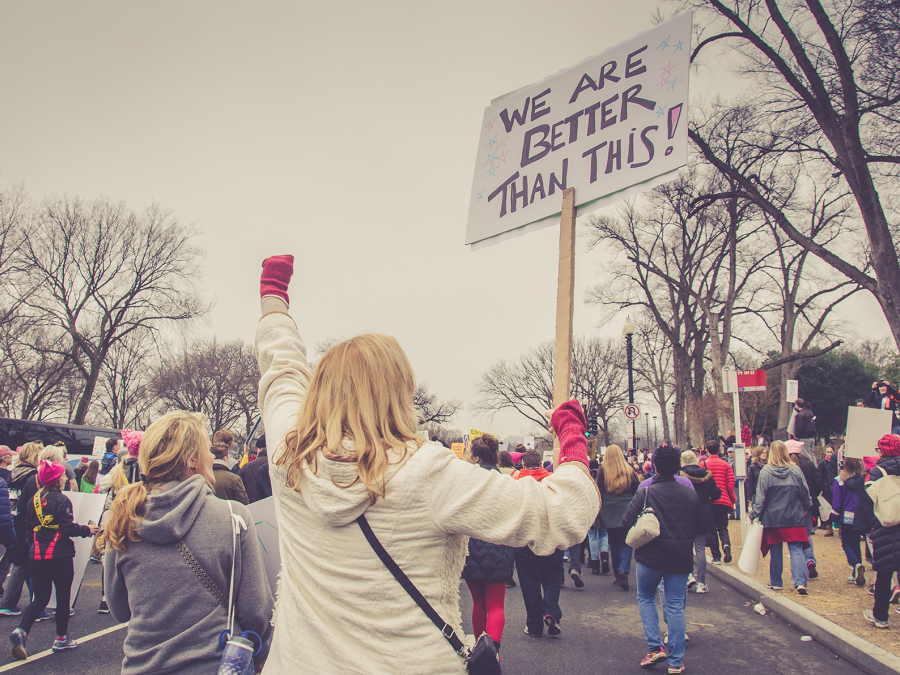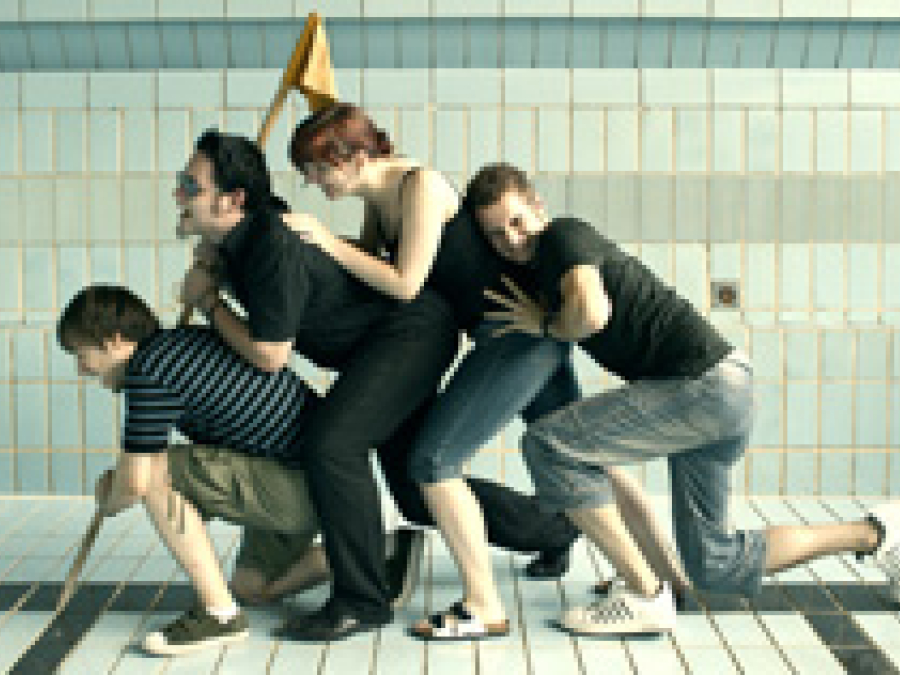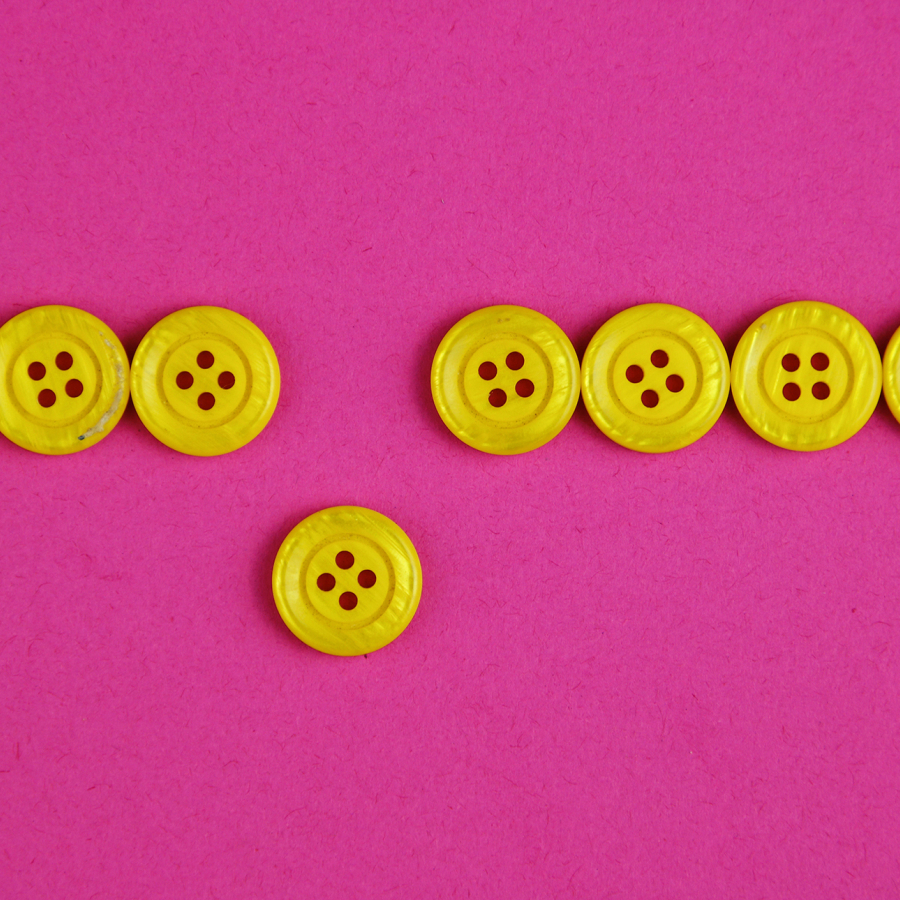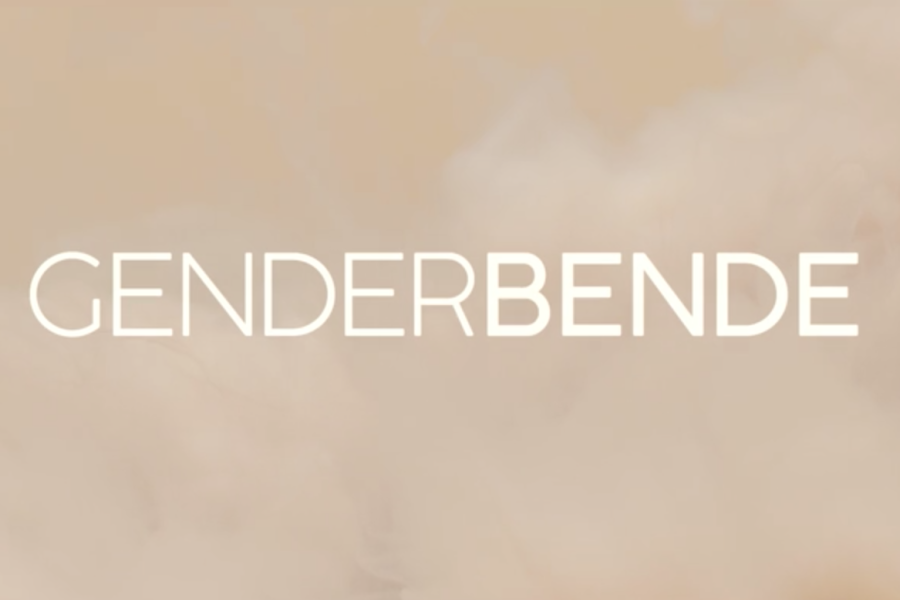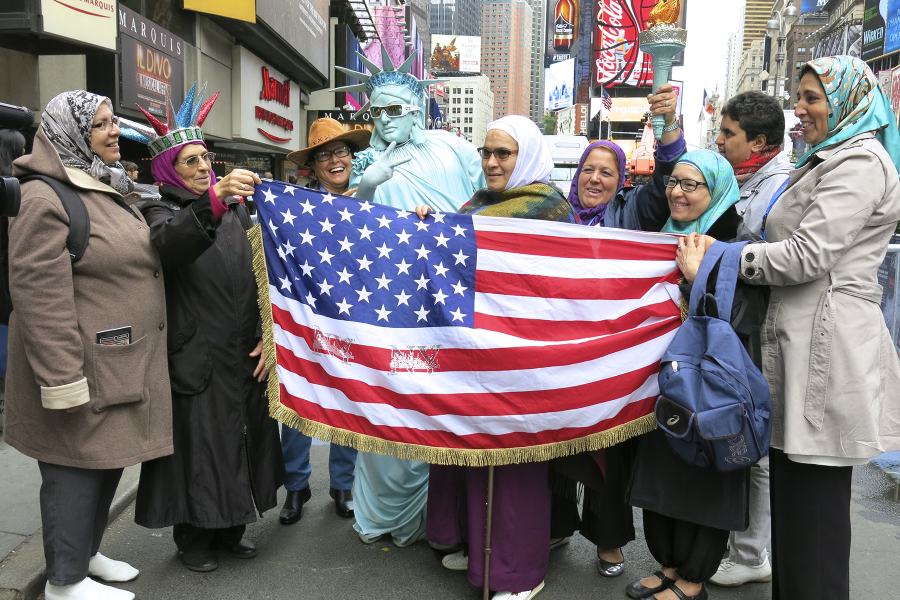What is it like to be deaf in a world that is designed for hearing people?
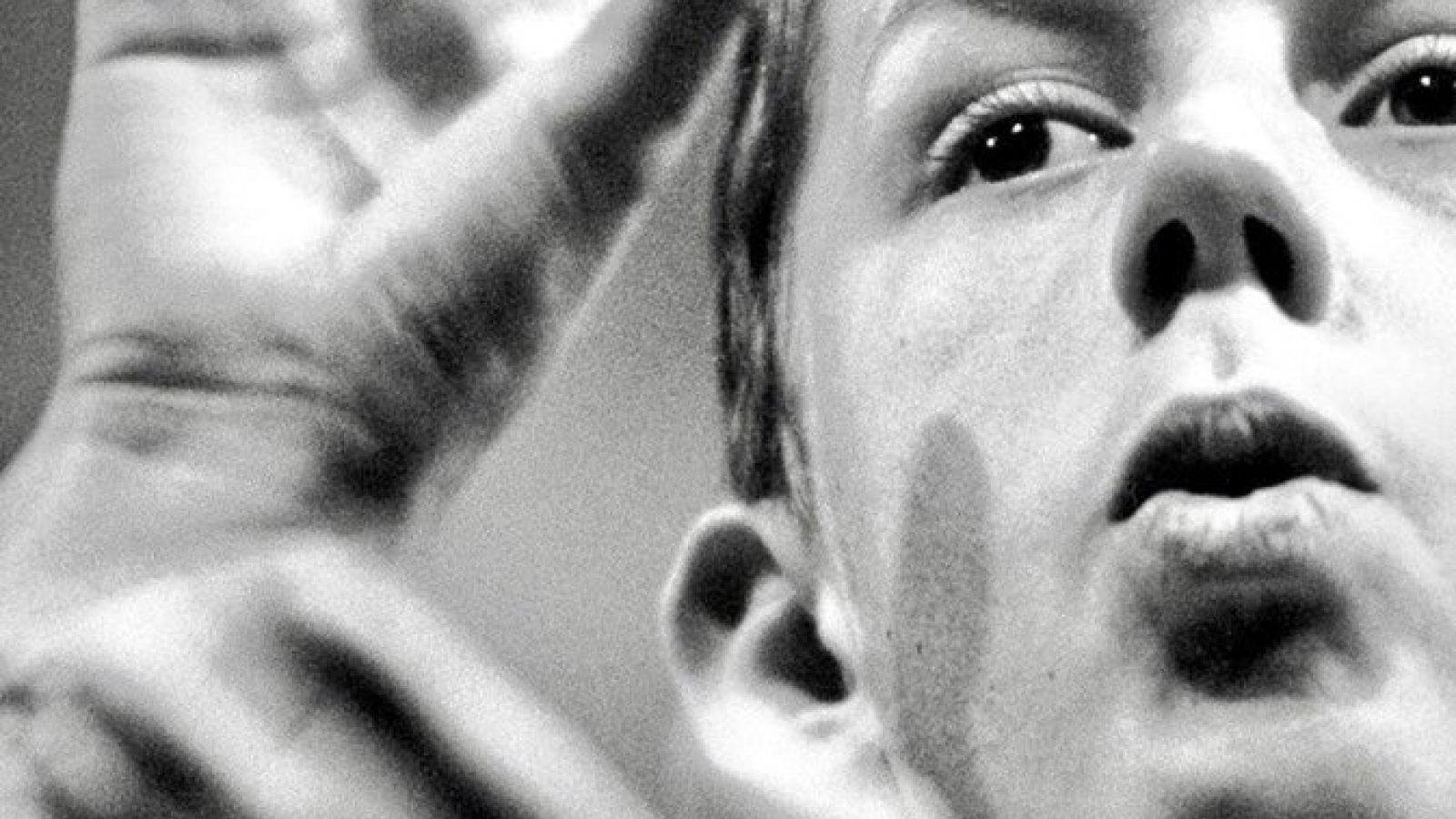
In London he can travel by metro for free, in Paris he doesn't have to pay to enter museums, and in the Netherlands he is officially labelled 100% unfit for work. Because being deaf is seen as a handicap. Tobias, the main character of Deaf Child, laughs about it. He is proud to be deaf and emphasises the richness of deaf culture and the beauty of sign language. "A movie about me? Why would that be interesting?" he asks his dad, the director, in the beginning of the movie. While the documentary tells a personal story, it also touches upon more general issues, such as the benefits of cochlear implants, the role of sign language and the future of the deaf community. Anthropologist dr. Anja Hiddinga (University of Amsterdam) is specialised in deaf culture and sign language. She takes the movie as a starting point to talk about the historical development of the deaf community as a social movement, and the influence of technological and societal changes on the future of the deaf community.
The deaf as a social movement
The position of deaf people and the ideas about deafness in the West have changed rapidly. Hiddinga: "The use of sign language was forbidden in Western Europe and US for a long time. The idea was that deaf people should assimilate to the hearing society. That it was best to force children into the hearing world, by teaching them how to speak and lip-read." They had to become invisible. This changed in the 1980's, as the deaf community emancipated and started to demand more rights. Since 1996 Dutch Sign Language is the official language at the five deaf schools we traditionally have in the Netherlands, and spoken Dutch the second language.
Deaf Child follows Tobias as he travels to Washington DC to attend Gallaudet University, the first and only university for deaf people in the world. It was at this university that in the 1980's deaf culture had the possibility to grow and flourish. The deaf community became a social movement, claiming rights and profiling themselves as a cultural group, rather than as people with a medical issue. "Deaf pride," Tobias says, as he raises his fist in the air. "I'm proud of being deaf. It's my identity, my culture." The deaf culture has its own language and traditions, Hiddinga explains, such as oral narratives and the importance of body use in communication.
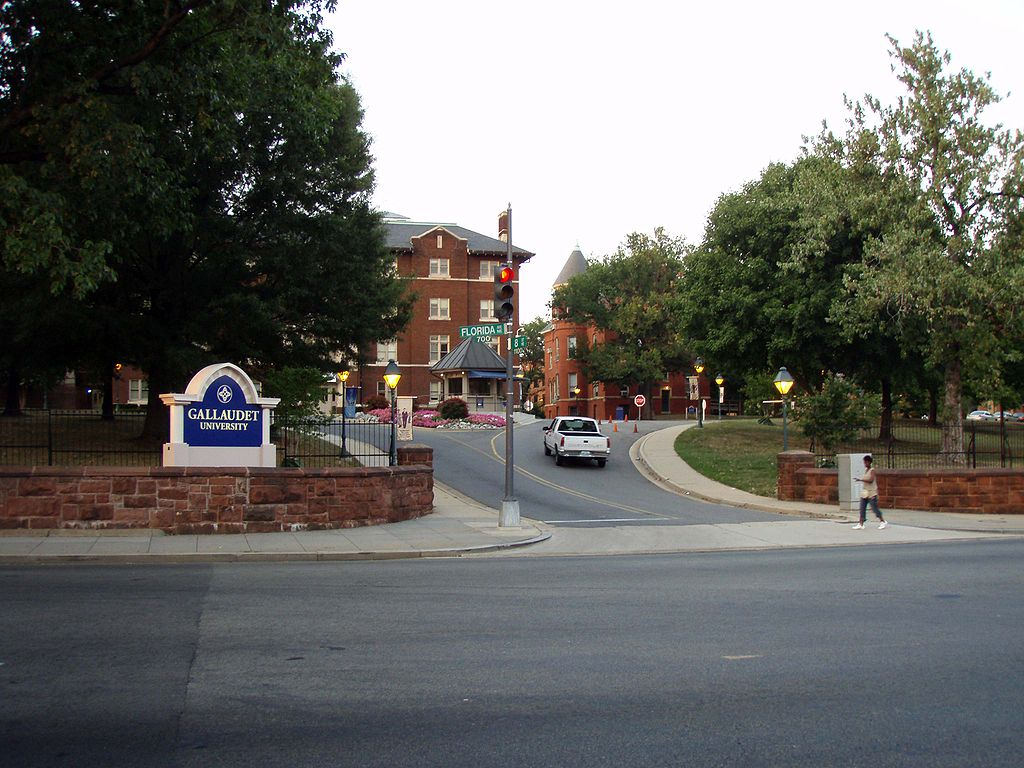
The future of the deaf community
"My mum wants me to go to a regular school, but I want to go to a school for the deaf. What would you do?" a young kid asks Tobias in the documentary. Technological and societal developments are changing the deaf community. Almost all children born deaf today in the Netherlands get a cochlear implant that enables them to hear more. And in line with the 'Wet Passend Onderwijs', the idea is that children should try to go to regular schools as much as possible. Hiddinga: "Cochlear implants bring people something and are a development that cannot and should not be stopped." But she also has some concerns, since little research has been done on children with cochlear implants in regular schools.
The Dutch magazine Woord &: Gebaar, of which Hiddinga is chief editor, did a series of interviews with deaf children with a cochlear implant about their experiences. "Their most common complaint is loneliness," says Hiddinga. "With a cochlear implant you hear more, but it still remains difficult to understand people when talking in a group, or to hear what people say when they turn away from you." Hiddinga emphasises the importance of sign language and bilingual education. Cochlear implants can be very helpful, but learning sign language remains of vital importance to be able to also be part of the deaf community. The decision to choose a school is one everyone should make for himself, but Tobias emphasises the value of the deaf boarding school he went to, because he could feel just like any other teenager there.
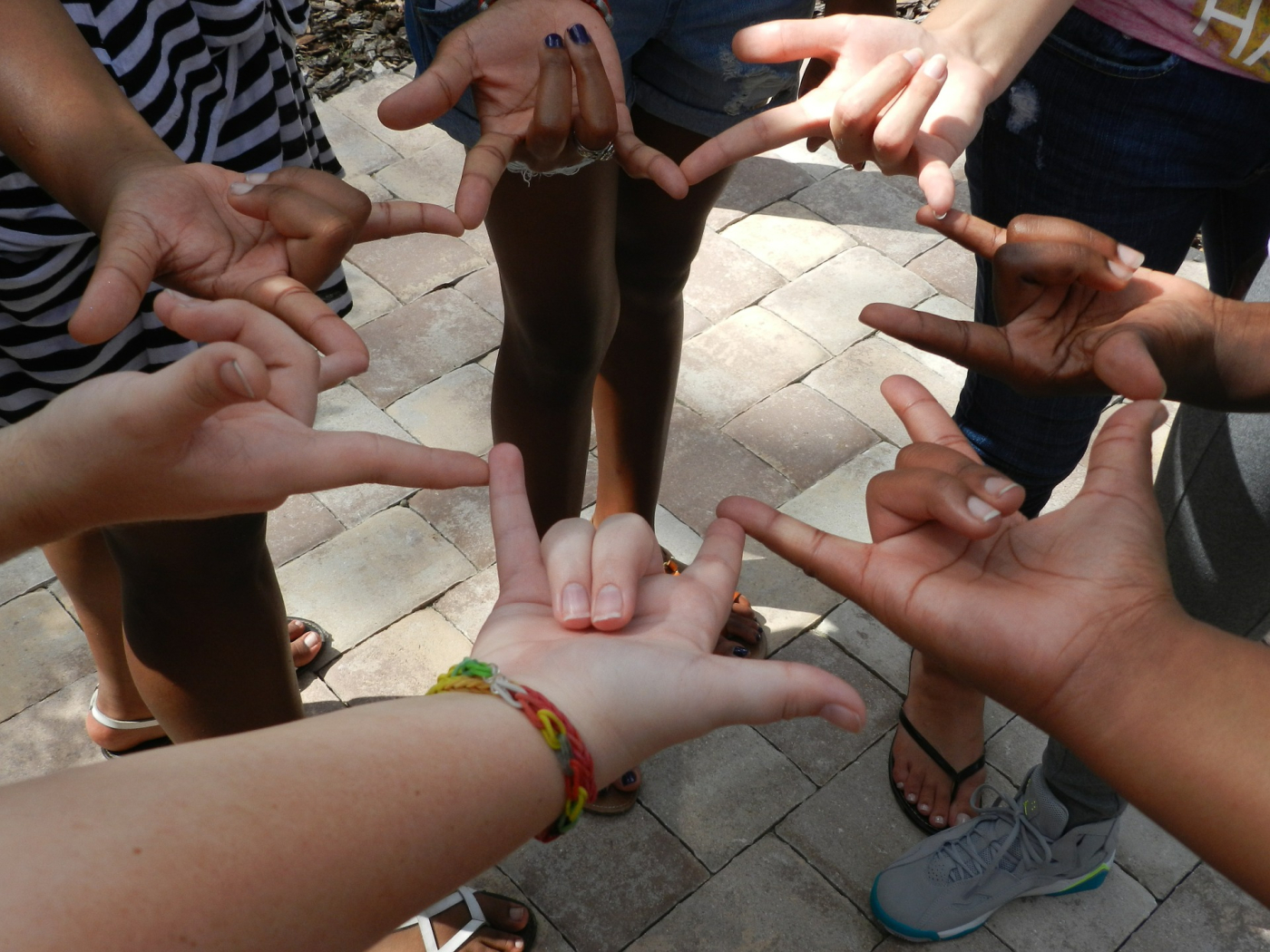
Inclusion at the university and labor market
Tobias is very positive about his life. He says he never encountered any barriers. But, he also says he 'chose the easy way out'. After going to a high school for the deaf, he studied to become a teacher of sign language. Had he chosen to pursue a career in science or look for a job in the hearing world his experiences most likely would have been different. The number of deaf people going to university is low. Hiddinga: "In the Netherlands there are only two deaf people with a PhD, and only handful of students."
One of the causes is that within the academia a big focus lies on reading and writing. "To learn how to read a language, without hearing it is quite difficult. Imagine learning Chinese, without ever having heard it," Hiddinga says. Dutch sign language, is a language in itself, and does not derive from Dutch. The word order is different, no articles are used, and there are no linking verbs. Hiddinga: "A deaf student that goes to university has to make many extra efforts, not only the reading, but also continuously arranging sign language interpreters." Deaf people are only entitled an interpreter to study until the age of 30. This is in sharp contrast to the ideal of lifelong learning promoted under hearing people.
Being inclusive isn't always easy. Maybe it starts with having more insight in the experiences of people we encounter. Deaf child gives a good starting point for such a view, by showing a world that is hidden for most people. Being deaf doesn't only mean encountering obstacles, it also means being part of a worldwide community.
This was the first movie screening in the serie Movies &: Science: Hidden stories. On March 12 we'll watch the movie Patience, patience you'll go to paradise and talk about emancipation and integration, and on April 23 we watch Genderbende and talk about gender.

